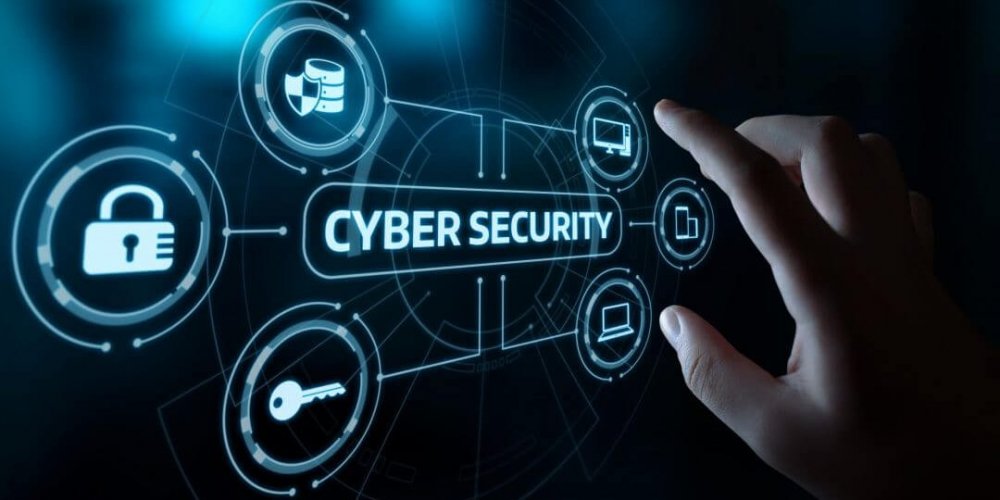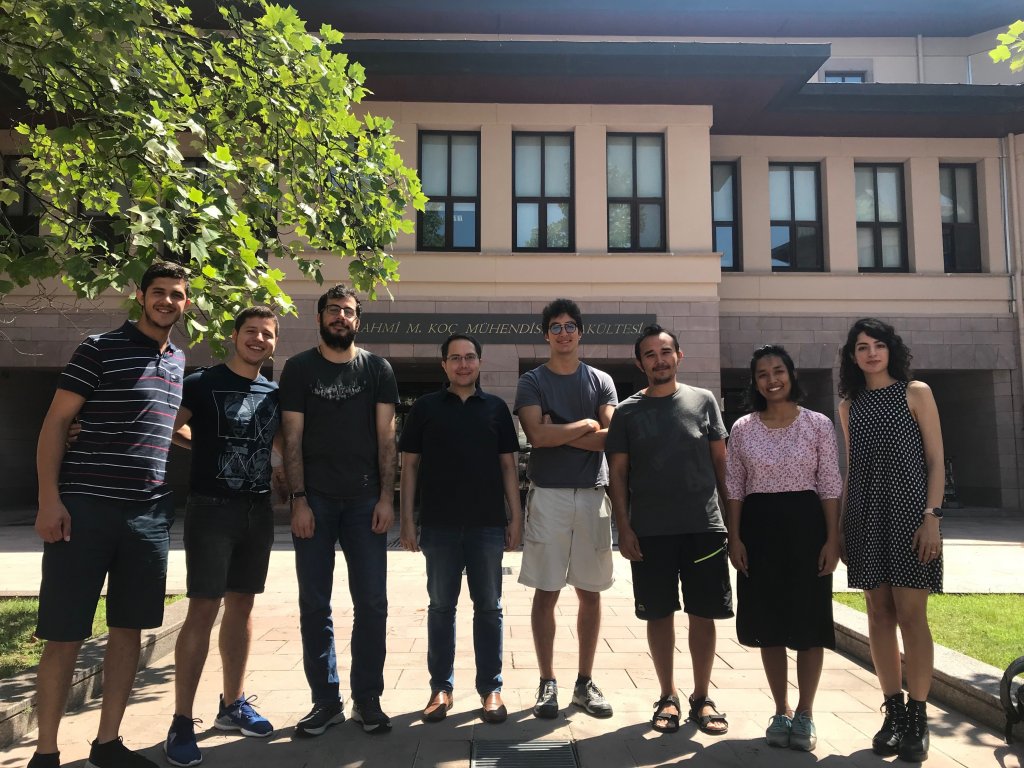March 1, 2021
Are you interested in Cyber Security? Here are some brief pieces of information from our Assoc. Professor Alptekin Küpçü, who defined and explained the Cyber Security field and MSc in Cyber Security program in a quick Q&A format.

- What is Cyber Security?
Cyber means anything related to computers and computer networks. Therefore, cyber security covers all aspects of the security of computers and computer networks. The Cyber Security Master’s Program at Koç University is designed with courses covering all those aspects, including cryptography, information theory, computer software security and secure coding, computer network security, physical security in relation to cyber security, cyber forensics, applied penetration testing, blockchain, and cryptocurrency systems, distributed computing systems, algorithm design, and machine learning. We even have a course on cyber security and data protection law. All of these can be considered as the subtopics of cyber security.
- What does a Cyber Security specialist do?
A cyber security specialist works on securing computer systems and networks. All organizations, however large or small, whether public or private, need cyber security specialists. This is why it is among the most in-demand skills in the job market these days, with more than 4 million open positions worldwide.

- Why a Master in Cyber Security?
There are several important reasons. Firstly, such skills are generally not learned during undergraduate (Bachelor’s) education. Secondly, even if partially learned through some courses, since cyber security requires a holistic view of the system, a comprehensive selection of coursework is necessary. Third, an applied Master’s program such as ours is imperative to combine theoretical and practical knowledge.
- Who should have a Cyber Security Master?
Any current or candidate cyber security professional would benefit from a Master’s degree in Cyber Security. Candidates will have better job prospects, at higher levels, with more pay. Current professionals will develop holistic viewpoints and will be able to combine their applied knowledge with the coursework, filling in any potential gap and gaining new insights, keeping up to date.
- What are you looking for in candidates for the MSc in Cyber Security program?
First of all, motivation is the most important factor. If a candidate is planning to go for a cyber security job, this is positive. If the candidate already has a cyber security position, this is even better. Second, willingness to learn is important. As indicated, cyber security has many subtopics and requires a holistic view. Therefore, if the candidate sees some courses as “unnecessary”, or thinks that (s)he “already knows” some topics, this is a disadvantage. A cyber security professional needs an open mind, and should always realize that there are things beyond our knowledge. This is how many “zero-day” attacks are done. Thus, an open mind is a very important concern in this field and something that we seek among the applicants. Third, if the candidate has taken some related courses, not necessarily directly on cyber security, but on background topics such as computer networks, operating systems, computer architecture/organization, distributed systems, etc. this is an advantage.

Click here to visit the MSc in Cyber Security program webpage.
Click here to check the Cryptography, Security, and Privacy Research Group webpage
Click here to apply for the MSc in Cyber Security program.
Tips for CS graduates wishing to work in the Cybersecurity industry
Check out Koç University’s Department of Computer Engineering Assoc. Professor and Crypto Research Group Founder (Cryptography, Security, and Privacy research group) Alptekin Küpçü’s tips for Computer Science, Computer Engineering, and IT graduates wishing to work in the Cybersecurity industry.
